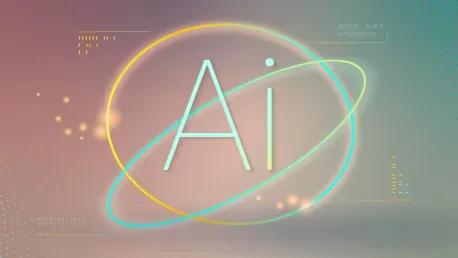
Indonesia's journey towards a robust data protection framework began with the enactment of Law No. 27/2022 on Personal Data Protection (PDP Law). The legislation represents the nation's proactive steps in safeguarding personal data within its increasingly digital landscape. As the world moves

As CFOs increasingly make crucial decisions about AI investments and implementation strategies, a pivotal question arises: can businesses effectively control the AI systems they implement? The answer has significant implications not only for financial performance but also for corporate governance,

In an alarming new development that underscores the continuous evolution of cyber threats, a phishing scam has emerged exploiting the esteemed name of the law firm Slaughter and May. This fraudulent email campaign strikes by accusing recipients of copyright infringement related to music content

Amid the rapid evolution of technology, the law firm White & Case has experienced a significant surge in demand for intellectual property (IP) litigation work. This expansion, driven by the burgeoning field of artificial intelligence (AI), reflects the complex landscape of IP disputes today.

South Korea's digital trade market is a compelling arena for U.S. companies, thanks to the country's cutting-edge technological infrastructure and high internet penetration. However, tapping into this market demands overcoming significant obstacles, including stringent regulatory frameworks,

In a bold move that could reshape the landscape of AI-driven search engines, Brave Software has taken a stand against News Corp by initiating legal proceedings to define the use of copyrighted materials by its AI-powered search engine. The case has sparked a heated debate, as News Corp alleges that